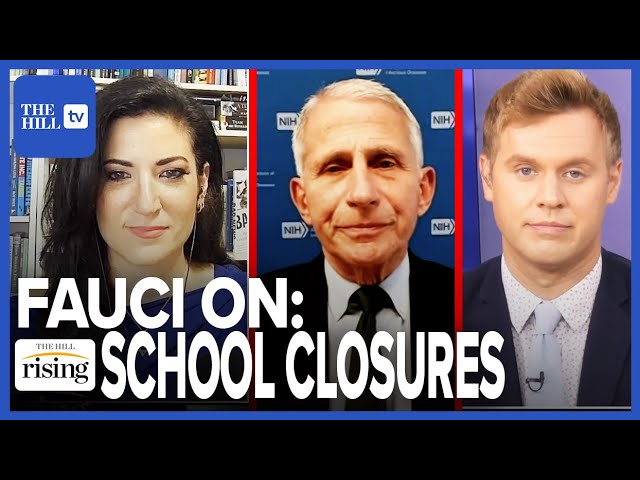The Federal Reserve raised interest rates by another 0.75 percentage point on July 27 during the July Federal Open Market Committee (FOMC) policy meeting. This is in line with market expectations and similar to the historic move the central bank made in June.
The FOMC’s three-quarter-point boost lifted the benchmark fed funds rate to the range of 2.25 to 2.5 percent. It was a unanimous decision among central bank officials.
The Fed’s balance-sheet reduction efforts will continue in September, as expected. The monthly runoff caps will rise to $35 billion for mortgage-backed securities and $60 billion for U.S. Treasurys.
While the labor market has remained strong, “recent indicators of spending and production have softened,” the FOMC said in a revised statement.
“Russia’s war against Ukraine is causing tremendous human and economic hardship,” the statement reads. “The war and related events are creating additional upward pressure on inflation and are weighing on global economic activity. The Committee is highly attentive to inflation risks.”
The institution is committed to lowering inflation to its 2 percent target. But the FOMC noted that it’s quite concerned about broad-based inflationary threats.
Following the latest move, the fed funds rate futures forecast stands at 3.4 percent in December as more than 100 basis points of tightening is expected for the rest of 2022.
The leading benchmark stock market indexes held onto their gains on July 27, with the Nasdaq Composite Index rallying about 4 percent and the S&P 500 adding about 2.6 percent.
Powell: US Not in a Recession
In his post-FOMC press conference, Fed Chair Jerome Powell said the economy is resilient and the central bank is acting quickly to fight “disappointing” inflation, noting that it’s an essential task.
He said another exceptionally high rate increase could be appropriate, but it would depend on what the data are showing as officials search for evidence that inflation is coming down. Powell also revealed that the central bank could slow the pace of rate hikes.
By Andrew Moran








